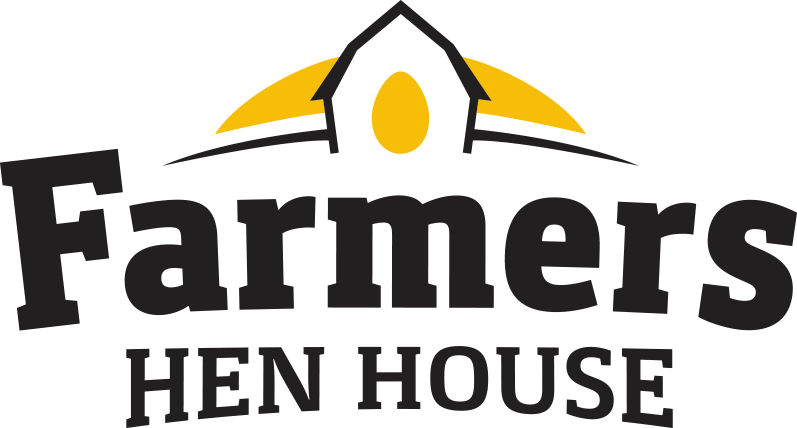What’s in an egg? Apparently a lot! Especially given all of the terms and labels that an egg carton contains. Everything from Free Range, Pasture Raised, Organic, Non-GMO, Certified Humane, Cage-Free, and the list goes on. With all of these terms describing your eggs, it can be hard to remember what they all mean. That’s why we’ve put together this short blog to help you understand the difference.
Defining Free Range Eggs
Essentially, what makes a Free Range egg “free range,” is the amount of outdoor space the hens have. To be considered a free range egg, each hen must have a minimum of 2 square feet of outdoor pasture to frolic and forage. This is in contrast with cage free eggs, which don’t require outdoor access at all. However, the operative word here is minimum. While 2 square feet is the minimum, many of our farms have a minimum of 15 square feet per hen.
Benefits of Free Range Eggs
The benefits of free range eggs are first and foremost the humane treatment of the hens. In their ability to stretch their wings, frolic in green pastures, and be a bird, we know that our hens are receiving a diverse diet as they forage for bugs (a favorite), grass, fruit, and vegetables. These added dietary elements may help provide richer and darker yolks, in addition to a better tasting egg. Additionally, you can trace our free range eggs to the farm of origin so that you can have the utmost in food transparency. Discover where you can find our free range eggs at a store near you!


